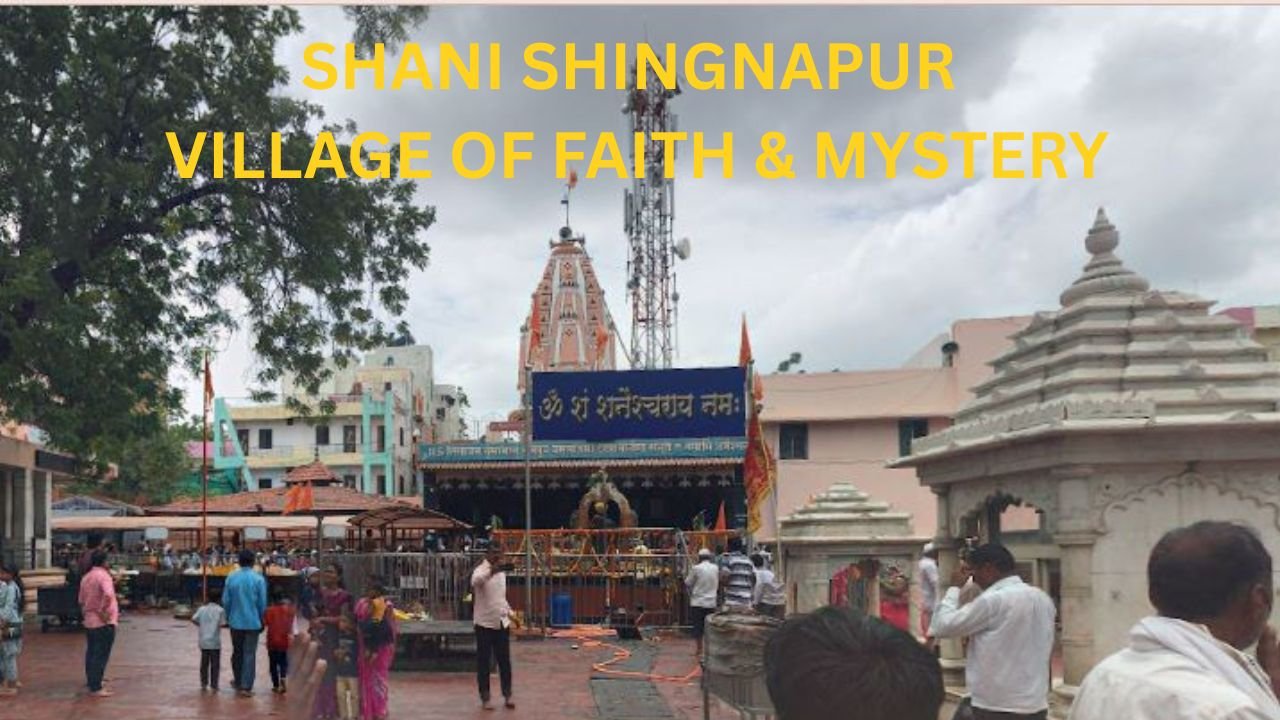Blog
Shani Shingnapur, Maharashtra: The Mysterious Doorless Village of Faith

India is full of wonders where faith and mystery walk hand in hand. One such place is Shani Shingnapur, a small village in Ahmednagar, Maharashtra. Popularly called the Doorless Village, this place is known for its unique tradition—houses and shops without doors or locks. Villagers believe that Lord Shani (Saturn) himself protects them, making theft impossible.
The Legend Behind Shani Shingnapur
The story goes back centuries. Villagers once discovered a large black stone in the Panasnala River. When touched, the stone started bleeding. Later, Lord Shani appeared in a dream and declared that he wished to stay in the village under the open sky, without any roof or temple. Since then, the idol of Shani Dev has been worshipped in the open.
Why Are There No Doors?
The most fascinating part of Shani Shingnapur is its absence of doors and locks. People believe that no thief can escape the divine justice of Lord Shani. Anyone attempting theft is punished with bad luck, illness, or even death. Because of this strong belief, villagers live fearlessly without doors, symbolizing trust and faith.
Modern Relevance
Faith in Lord Shani is so strong that in 2011, India’s first lockless bank was opened here. Even today, visitors are amazed to see shops, schools, and homes without doors. Despite modernization, the tradition continues, making it one of India’s most mysterious villages.
Tourism and Spiritual Importance
Shani Shingnapur is more than just a village; it is a center of devotion. Every Saturday, and especially on Shani Amavasya, thousands of devotees visit to seek blessings. The atmosphere fills with prayers, chants, and rituals, giving tourists a deep spiritual experience.
Conclusion
Shani Shingnapur is not only a tourist attraction but also a living example of faith over fear. The village teaches us that trust in divine power can unite and protect a community. For devotees and travelers, it is truly a place of mystery, devotion, and inspiration.
- Trending








